Starting on July 1, a law in California will make hidden fees and extra charges on restaurant bills and in other industries in the state illegal, according to the California’s attorney general.
Restaurants will no longer be able to add on extra fees when a customer goes to pay the bill, and must include all charges on the menu items themselves.
California Senate Bill 478
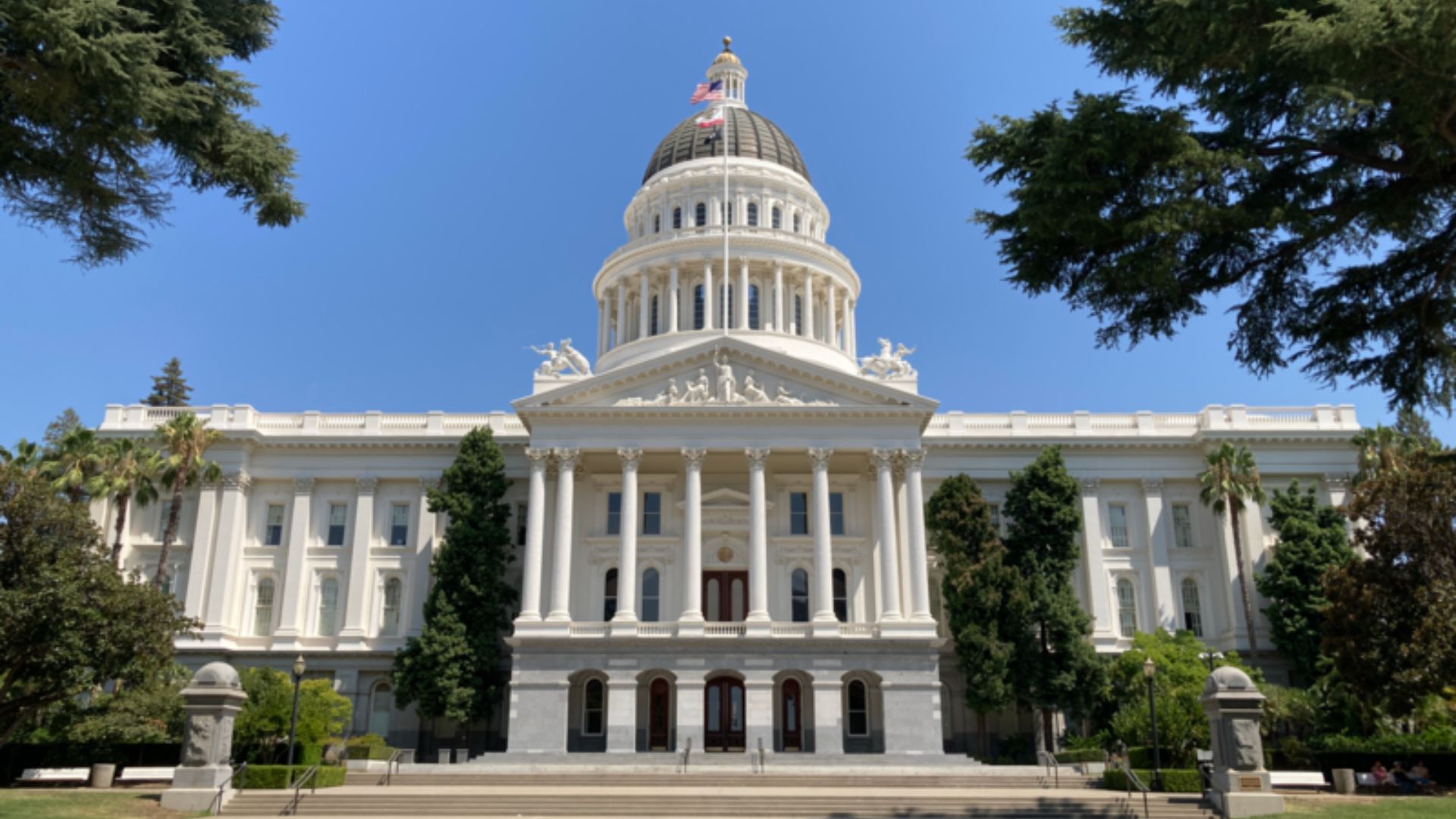
The new law, called SB478 or the Consumers Legal Redemies Act, was passed in September of last year.
This act aimed to address misleading advertising and price-offering practices used by businesses like restaurants or rental companies that do not include all the fees upfront.
Customers Should Know What They Pay
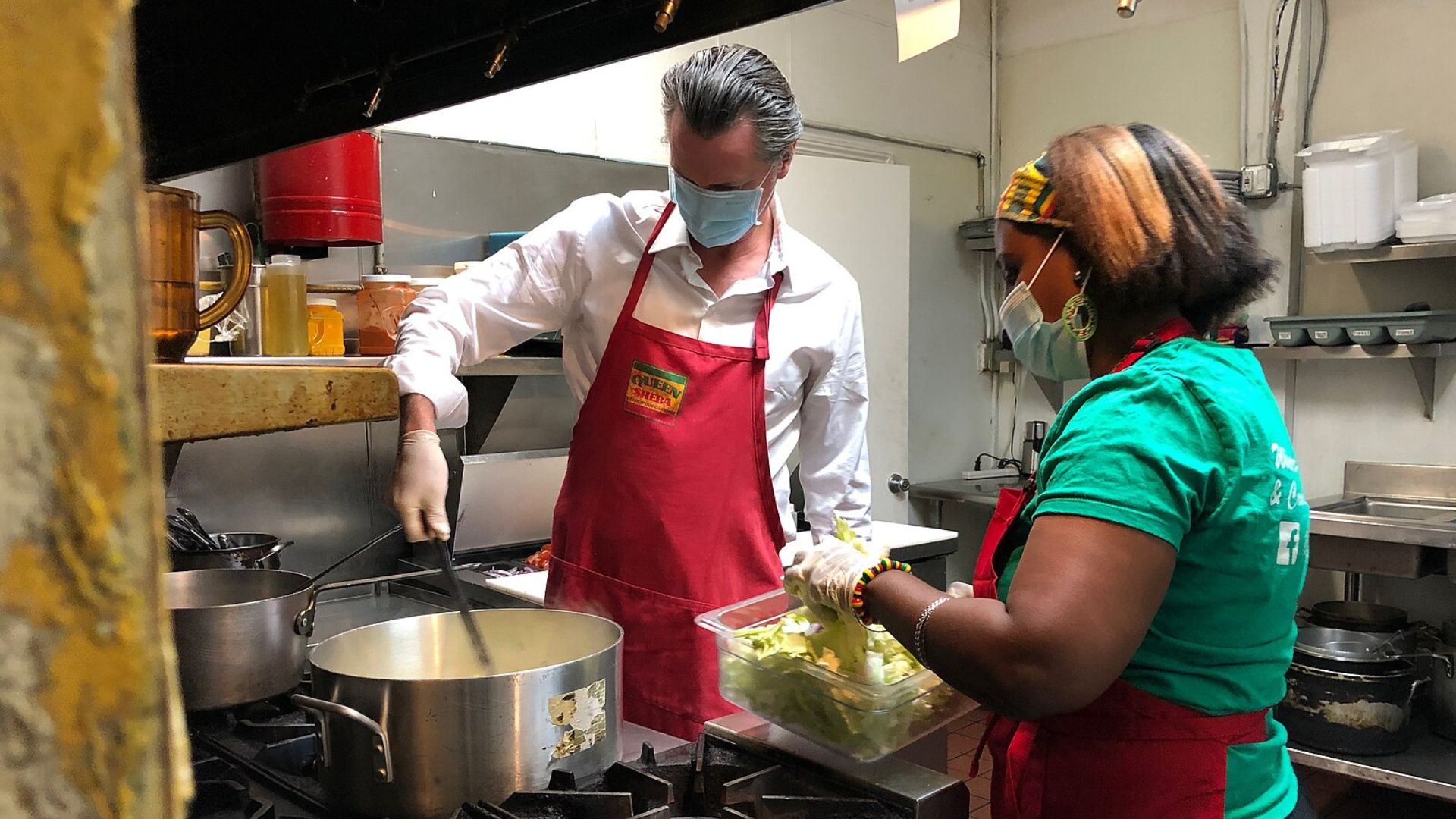
A Department of Justice spokesperson summarized how the law will be helpful to California customers.
“SB 478 applies to restaurants, just like it applies to businesses across California,” the spokesperson said to the San Francisco Chronicle. “The law is about making sure consumers know what they are going to pay and requires that the posted price include the full amount that a consumer must pay for that good or service.”
Junk Fees

This new law is particularly concerned with a practice where companies would artificially lower prices, only to stack up “junk fees” to trick customers at the end of the transaction.
The legislation was authored by Democrat Senators Nancy Skinner and Bill Dodd.
Californians are Fed Up

In a statement when the bill was introduced back last February, Senator Skinner expressed the frustration felt by many Californians.
“Californians are fed up with being bombarded by junk fees that, more and more, are making it unaffordable to attend a concert, go to a sporting event, take a vacation, or stay at a hotel,” Skinner said in a press release. “Our legislation will bring transparency to the true cost of goods and services in our state so that Californians know upfront exactly how much they’re being asked to pay.”
Opposition to the Law
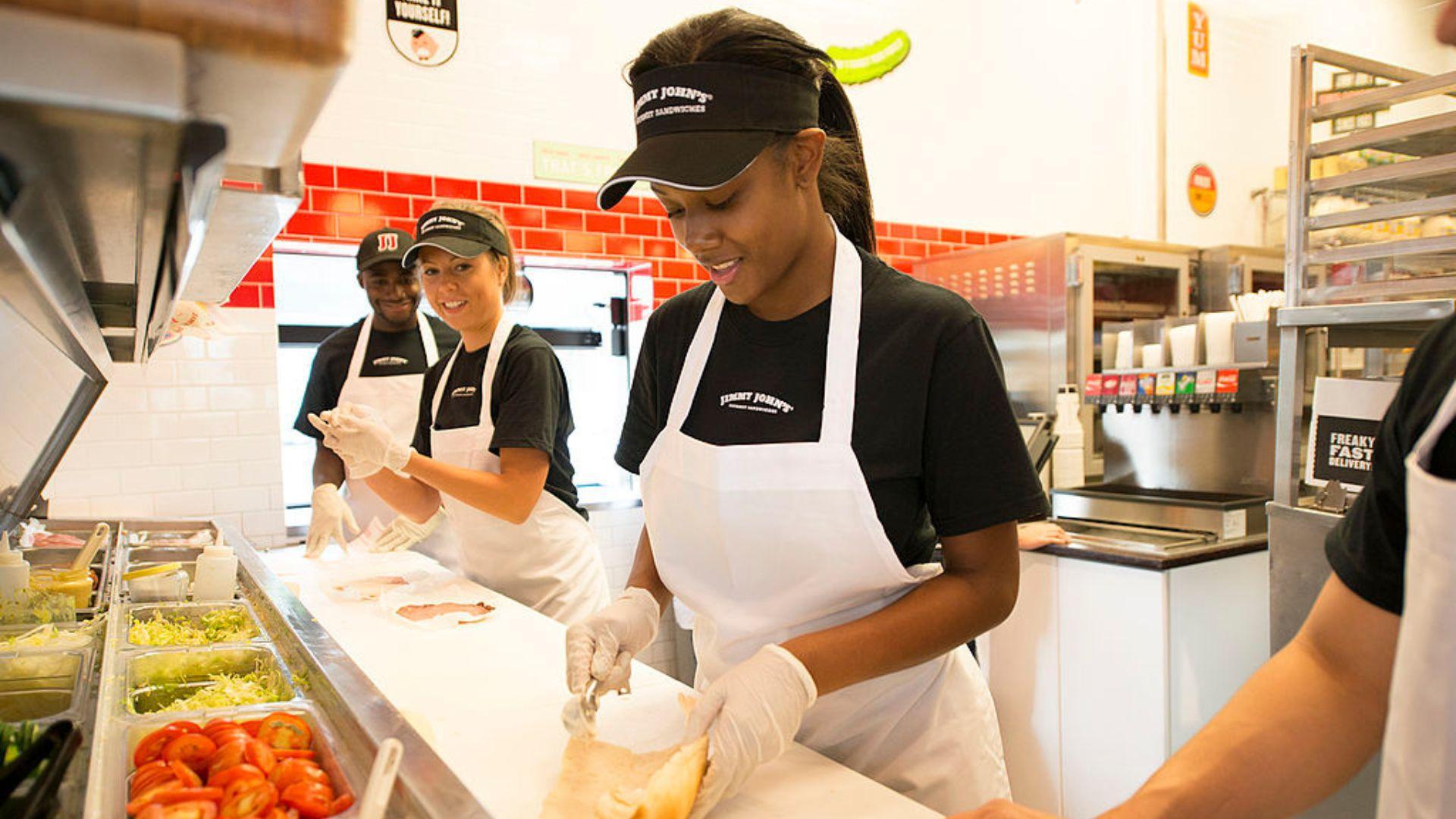
Several food industry leaders are worried that the law will unnecessarily hinder business owners, which could set into motion a wave of menu price hikes in a climate where customers already feel they are paying too much.
A recent minimum wage increase for fast-food workers just went into effect in April in California, raising the wage of workers to $20 per hour and caused a wave of price increases.
Attorney General’s Interpretation
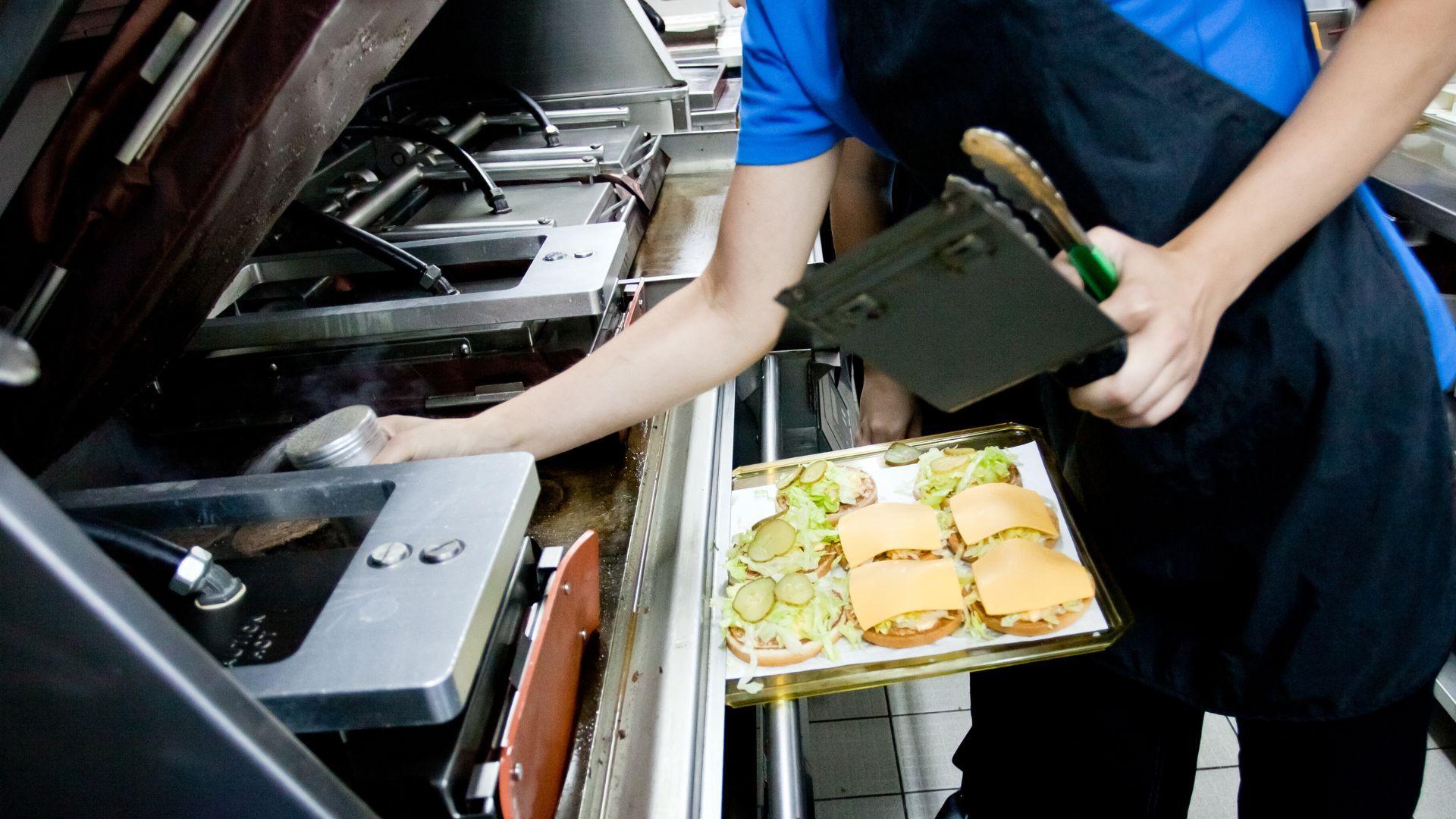
State Attorney General Rob Bonta asserts that this law will make restaurant surcharges illegal, but the California Restaurant Association pushes back on this interpretation.
“This legislation was promoted as a measure that would clarify, but not expand, the scope of current law,” said President Jot Condie. “Unfortunately, the Attorney General appears to have broader ambitions for this law than the legislators that wrote and passed it.”
Customers Left Holding the Bag
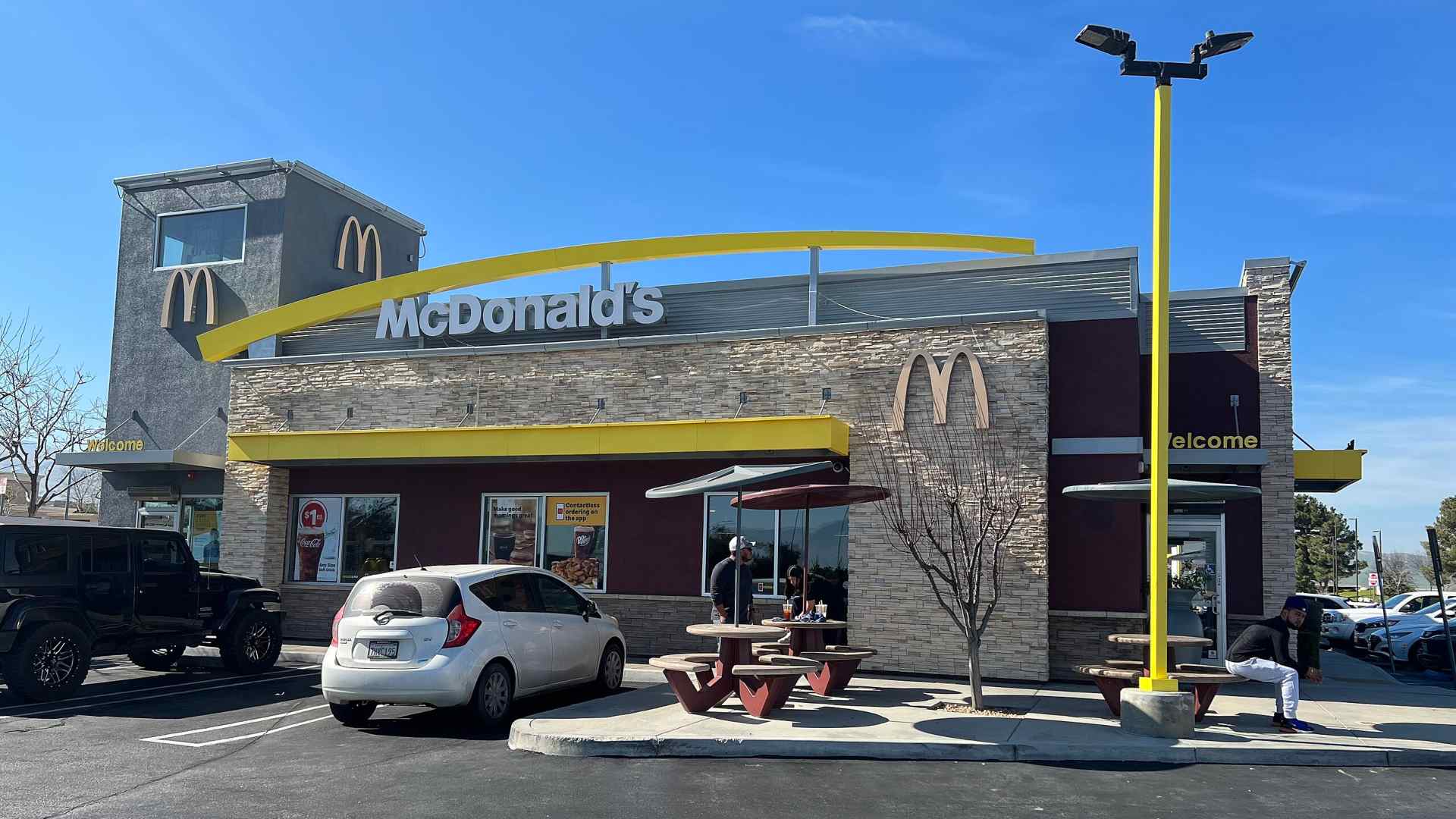
Some feel like while this law will make hidden fees go away, it could make people end up paying more in the long run.
“Just when you thought your pork chop was already really expensive, guess what? We’re going to be seeing higher prices, because there’s nowhere else these restaurants can put these fees and higher wages in order to maintain these employees,” said food expert Marcia Gagliardi to CBS News.
Higher Prices May Be on the Horizon

Gagliardi is predicting that this rule change that will affect California restaurants could result in a massive price increase.
“I see restaurants easily raising prices 5%, 15%. It’s going to be tricky,” said Gagliardi. “We’re going to be seeing even higher prices based on this unfortunate interpretation but not all is lost … things could change.”
Benefits of Service Fees
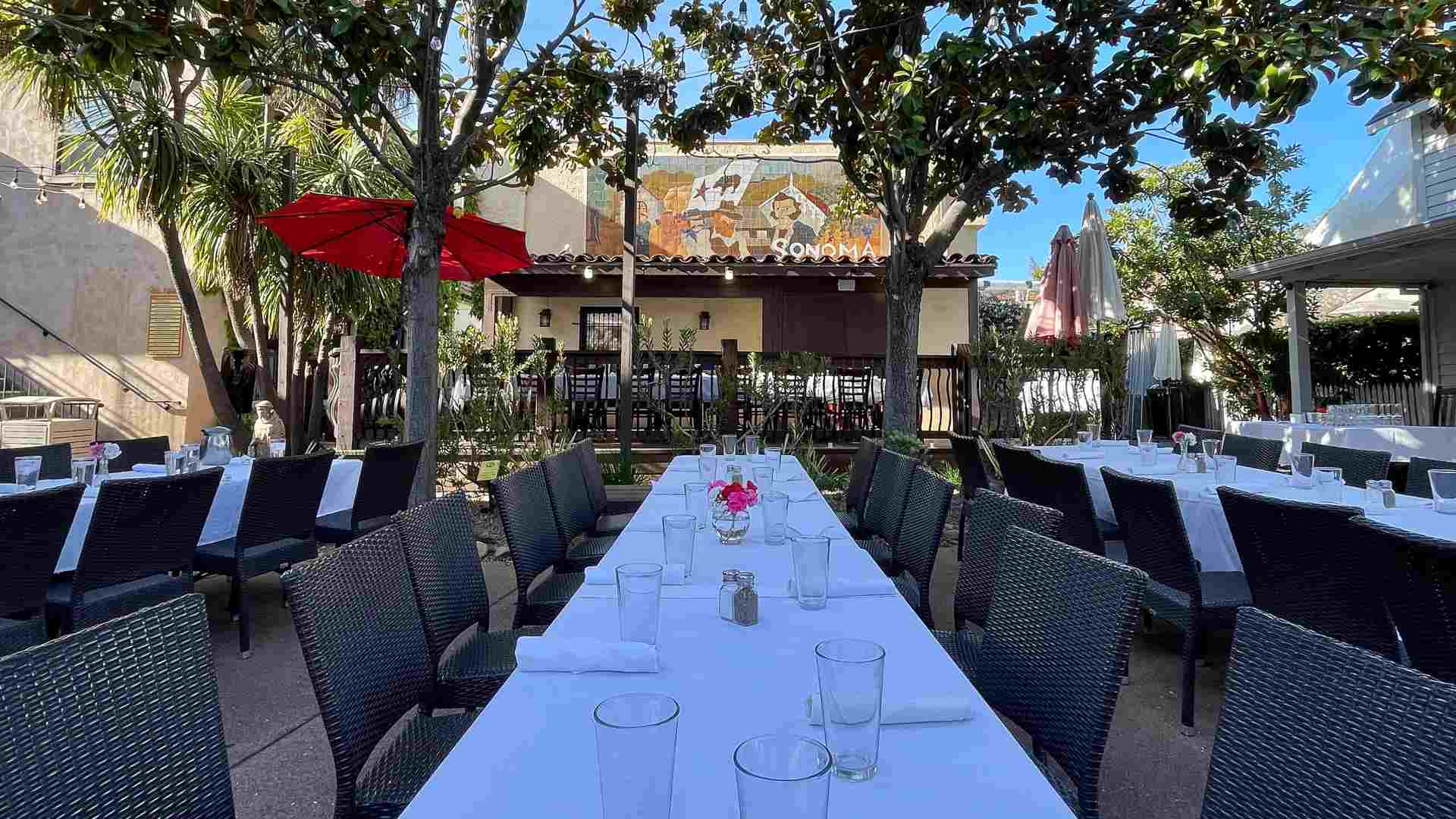
While customers may complain about hidden and unexpected fees, they are useful for businesses trying to pay their employees. Not every employee in a restaurant makes the same amount, and the service fees are a way to compensate some employees who make less than others.
“It’s used to create an equitable model for employees. Typically servers make much more money than back-of-house [workers] and dishwashers, so it makes a way for those funds to be distributed equitably,” Gagliardi said.
Rewarding Smaller Restaurants
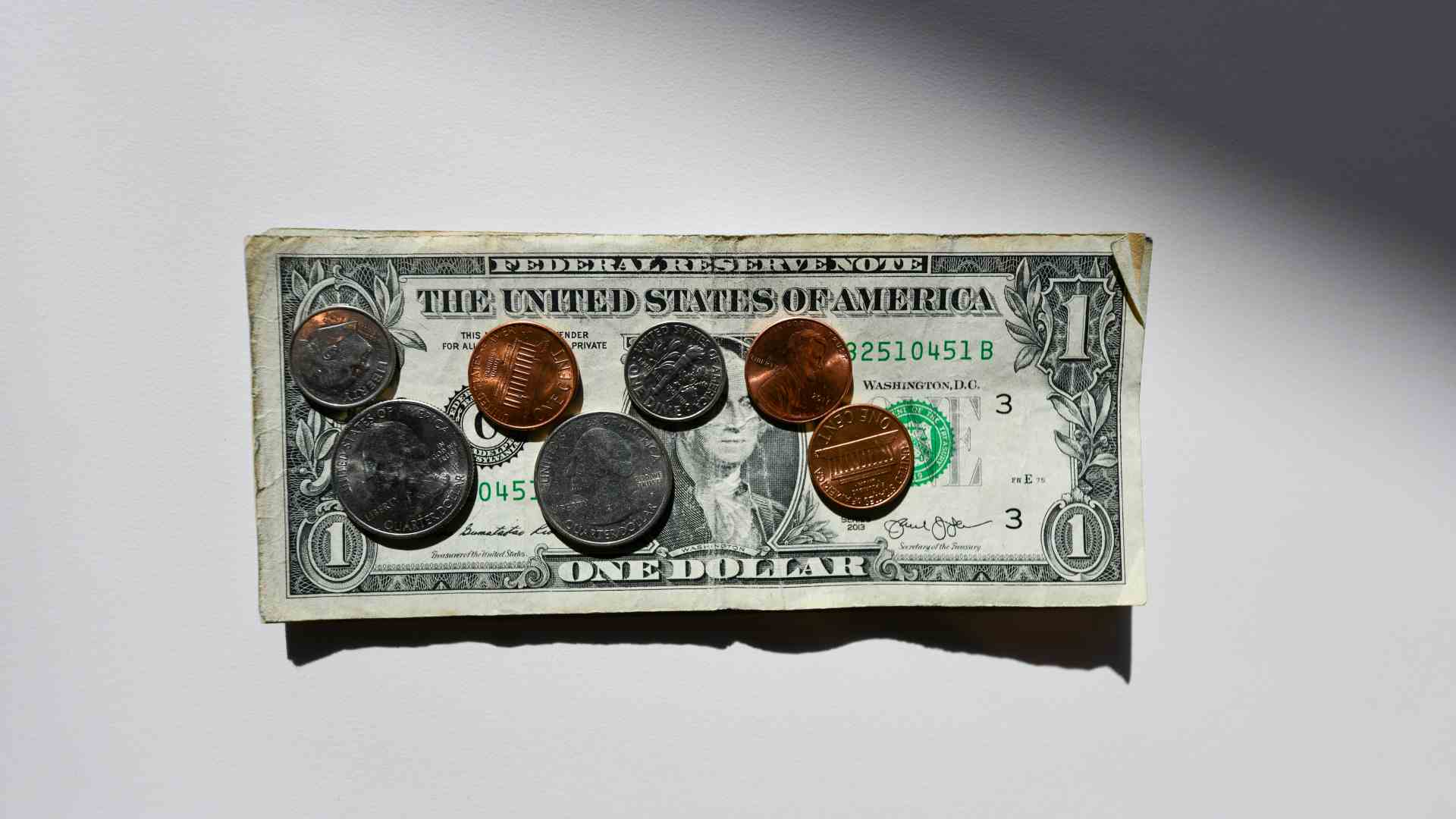
A food tour leader in the San Francisco area named Tom Medin feels like the change can be good for mom-and-pop restaurants with fewer employees to worry about.
“The restaurants you go into and you feel like you’re part of, that restaurant it’s kind of secondary,” Medin said about the fees. “I want your employees to do well. I think as long as restaurants maintain that of really knowing their customers, I think they’re going to do okay.”
Tipping Worries
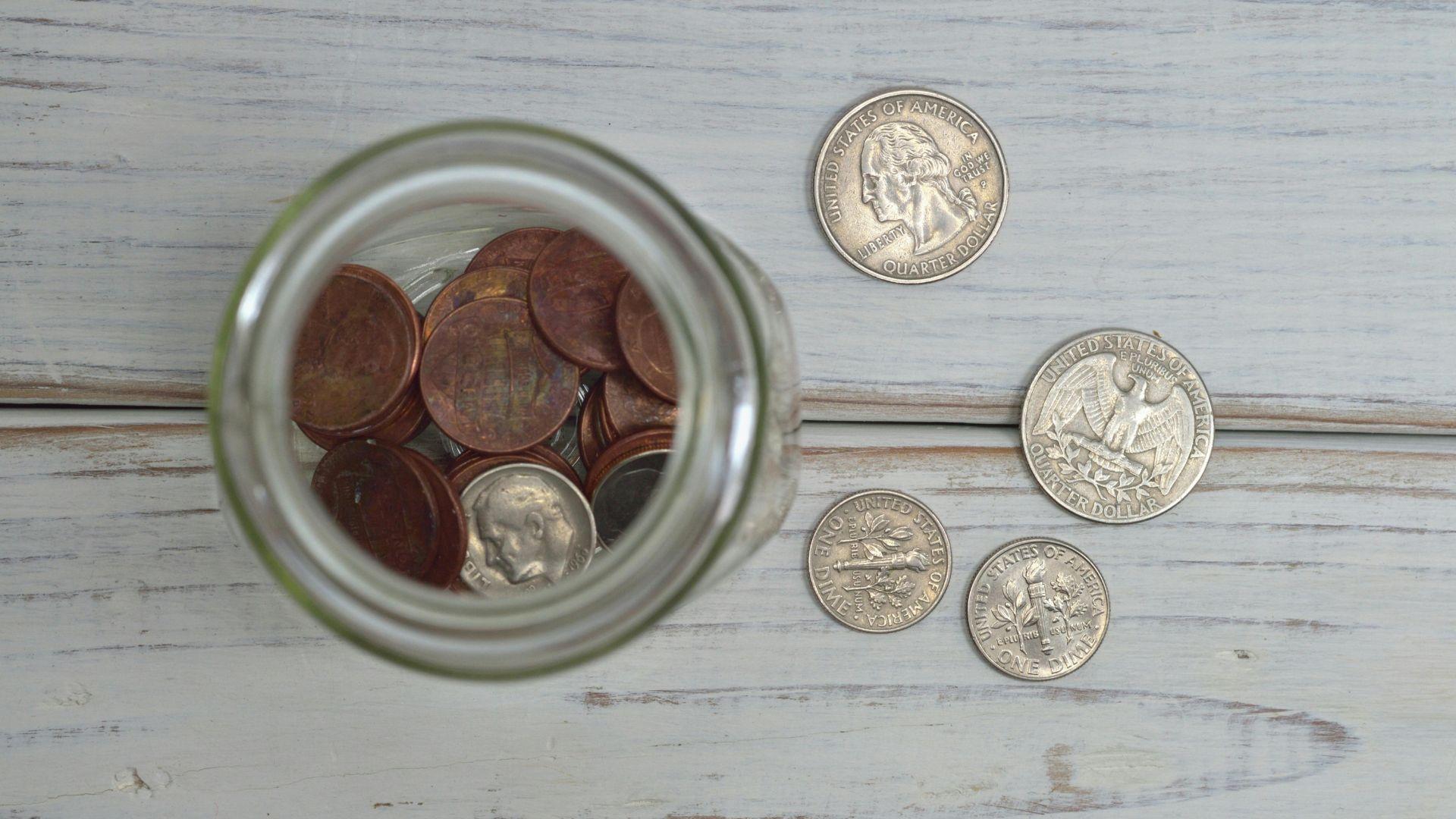
Still, some worry about the conflict between tipped and non-tipped workers this law change might bring.
“So now do you take their rate down and do you go to an old-fashioned tip model and say to your servers you have to tip the whole house but that drops everybody’s salaries or do you raise your prices 20%, 25%?” said Golden Gate Restaurant Association Director Laurie Thomas.
